
Solana (SOL) Breaches Most Important Price Mark as Volume Jump 35%
Solana reclaims momentum with a 35% volume jump, renewed liquidity, and bullish signals as institutional interest grows.
Stay ahead of the crypto curve with in‑depth coverage of the digital‑asset ecosystem. Here you’ll find the latest on new coin launches, regulatory shifts, wallet innovations and market movements across major chains. Whether you’re a seasoned trader or just exploring the space, our timely updates offer clarity on the crypto universe’s fast‑evolving landscape.

Solana reclaims momentum with a 35% volume jump, renewed liquidity, and bullish signals as institutional interest grows.

Fartcoin (FARTCOIN) is back in the spotlight with a sharp 8.34% daily pump, bringing its market cap close to the $1 billion mark.

Galaxy Digital sent almost $80 million in Ethereum to leading crypto exchanges Binance and Coinbase over the past five days.

Coinbase’s Base found itself under attack from crypto market participants following the debut of the Base is for everyone token.

China is sitting on a growing mountain of seized crypto assets, but has no clear legal roadmap.

The decision to purchase the WLFI tokens highlights DWF Labs’ commitment to engage in WLFI’s governance.
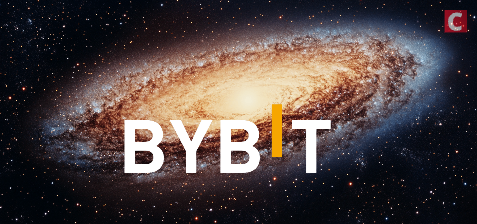
Bybit plans to shut down major Web3 services, including wallets and NFT tools, by May in order to focus on core blockchain offerings.
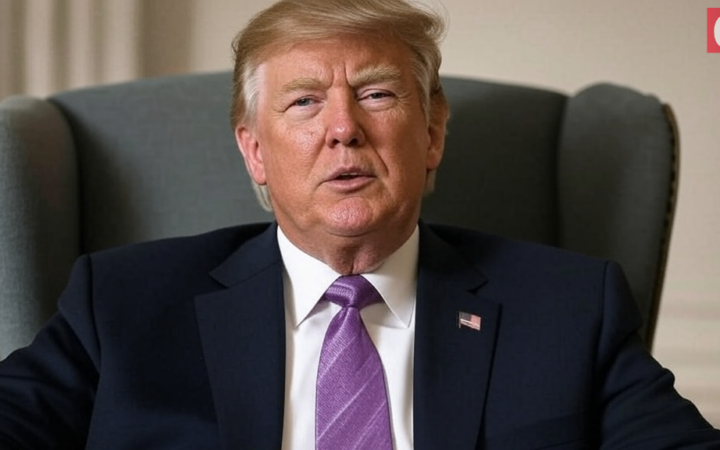
Two whales sold $4.94 million worth of TRUMP tokens as Donald Trump is reportedly planning to debut a Monopoly-style crypto game.
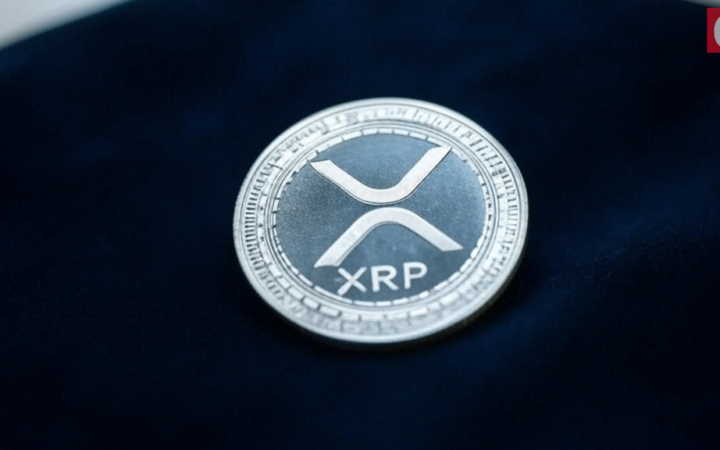
ProShares has filed to launch three XRP futures ETFs, with a planned debut by April 30.

South Korean candidate Hong Joon-pyo vows pro-crypto policies, aiming to boost blockchain, AI, and R&D while opposing strict stablecoin regulations.
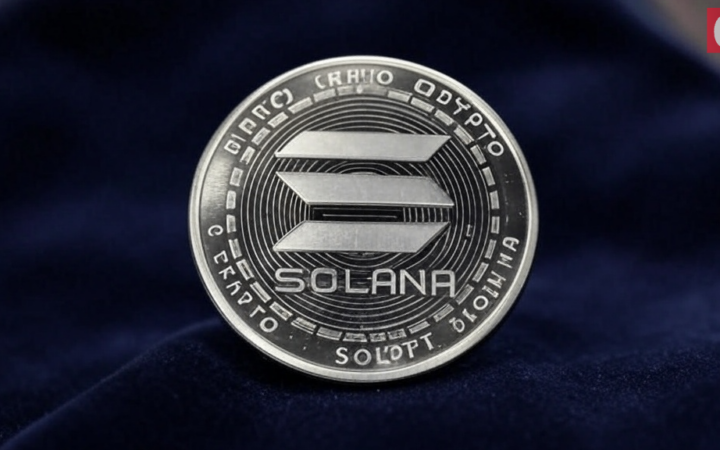
Solana’s price is currently consolidating, but analyst Ali Martinez has predicted that SOL could drop to $65 in the near future.
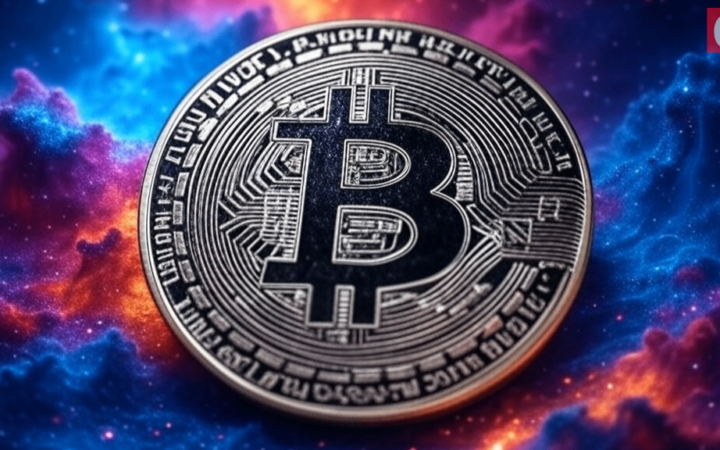
Antpool transferred over 2,009 Bitcoin to unknown wallets, raising concerns about potential miner selling pressure.

ARDR has stunned the crypto market with a 100% price surge in just 24 hours, driven by an unusual spike in Korean trading volume.

Bitcoin (BTC) hovers near $83,300 as whales take profits and institutions like Strategy and Semler double down on their BTC bets.

WalletConnect Token decoupled from the broader crypto market’s bearish sentiment after the Upbit exchange announced the listing of the asset.